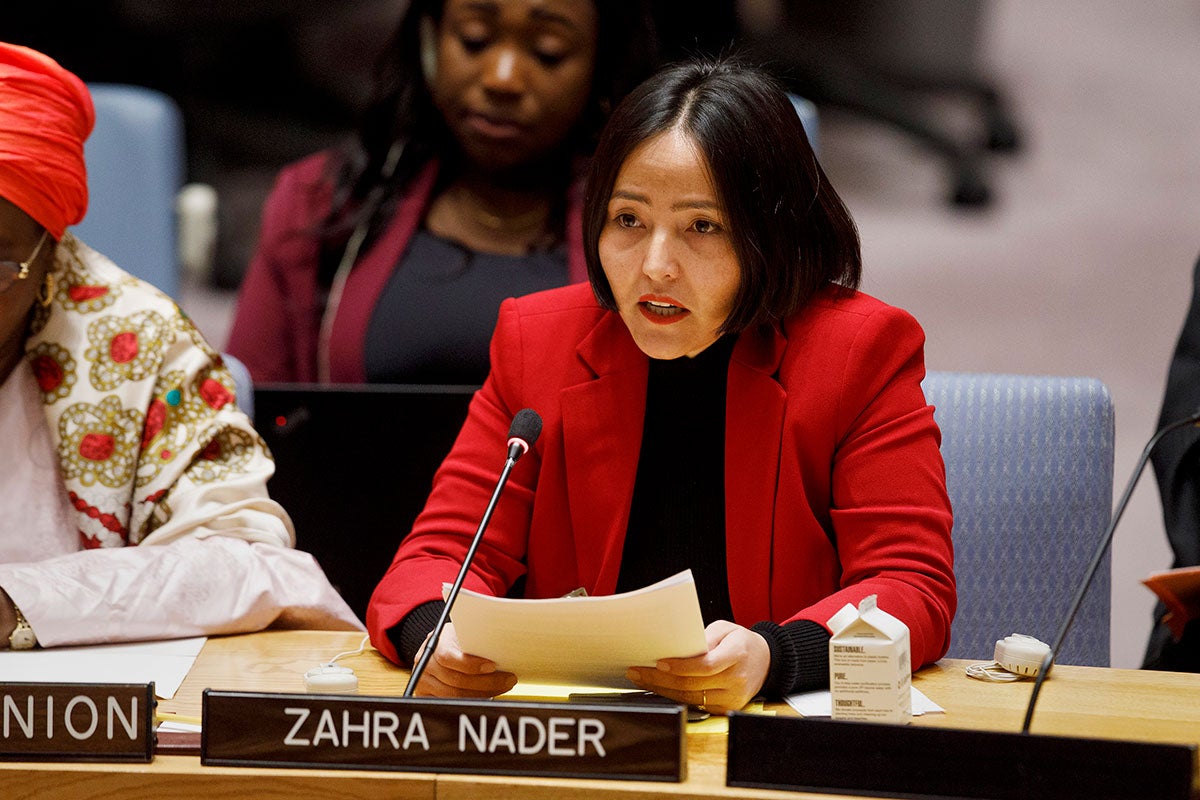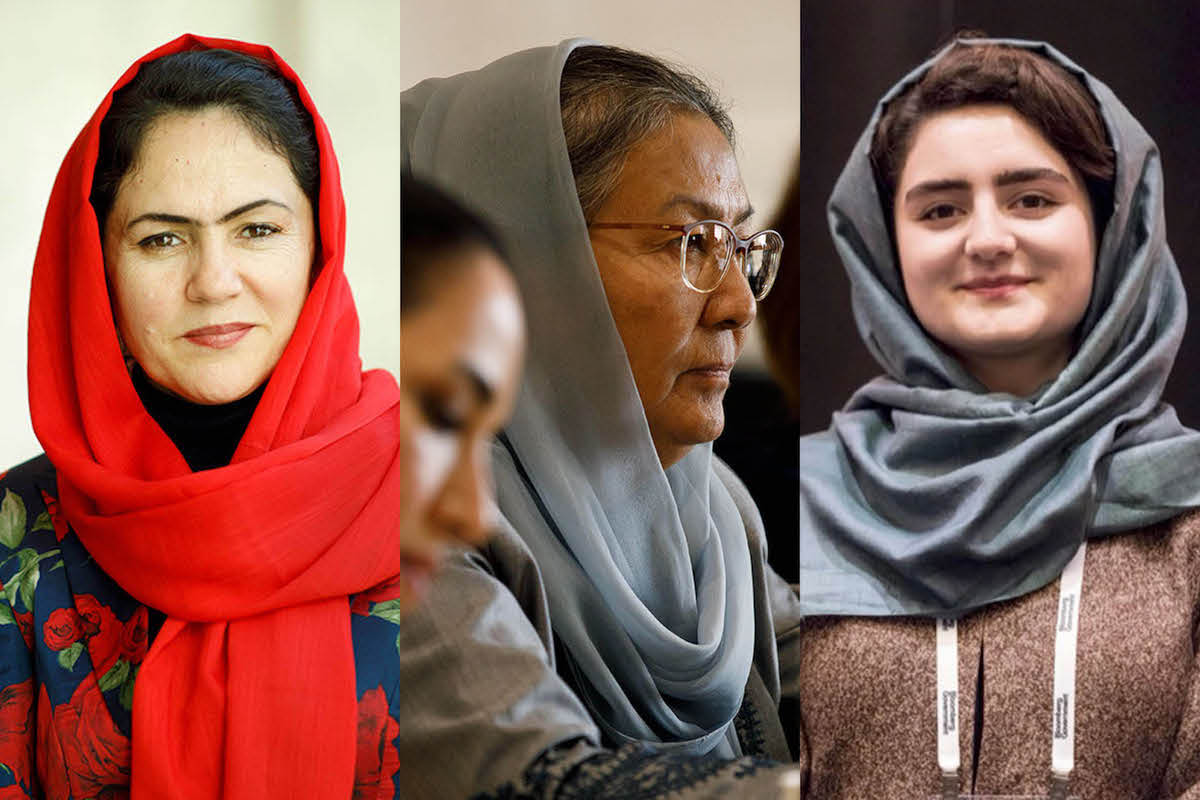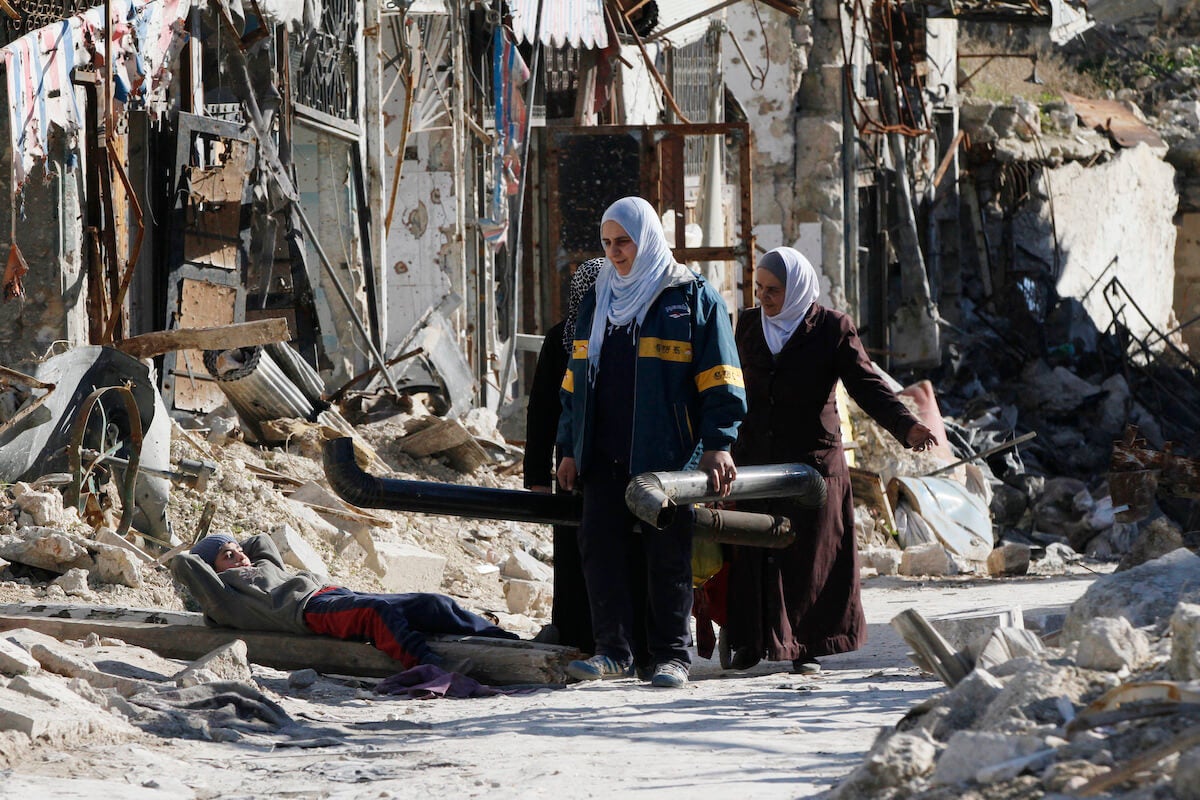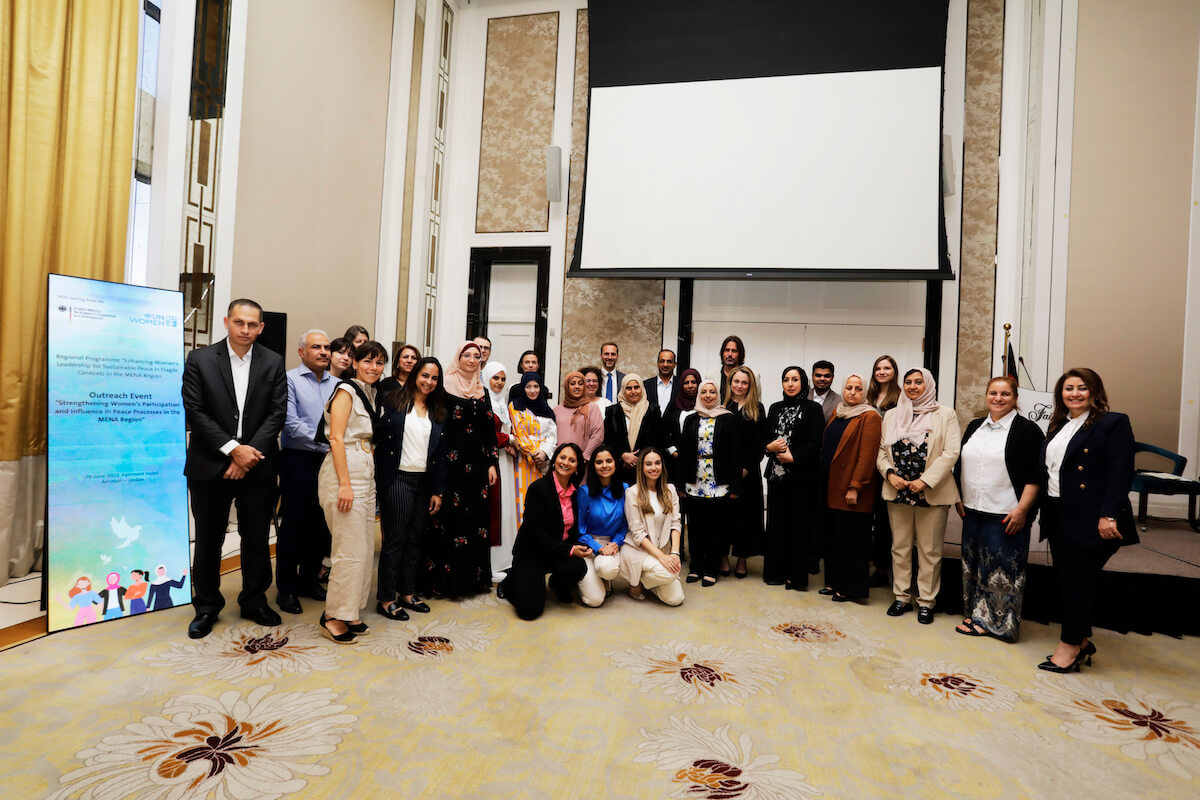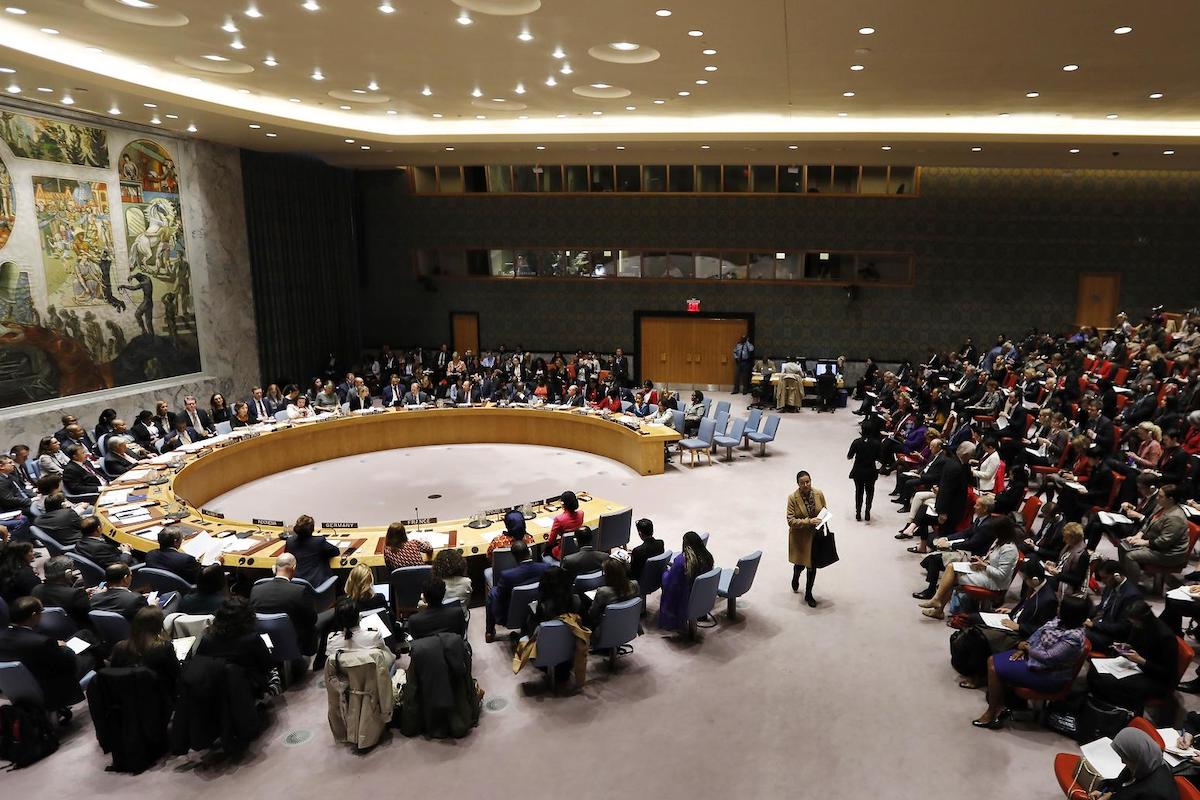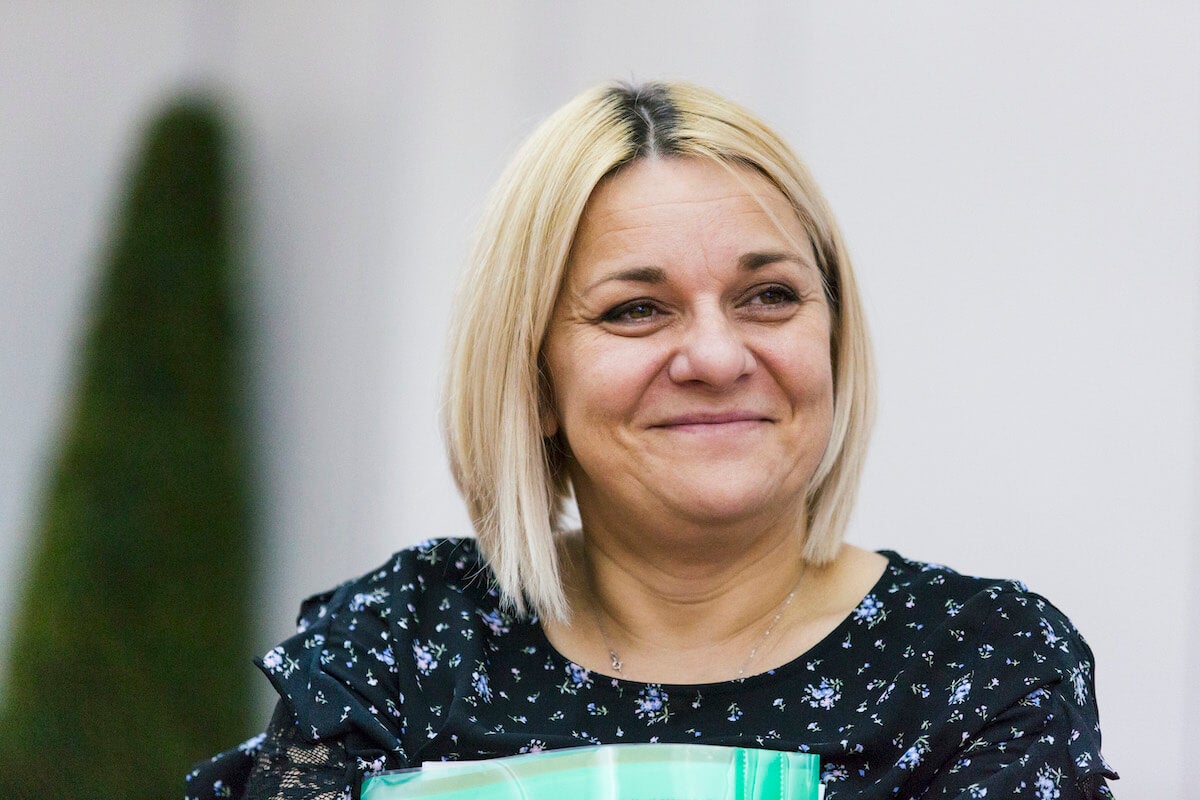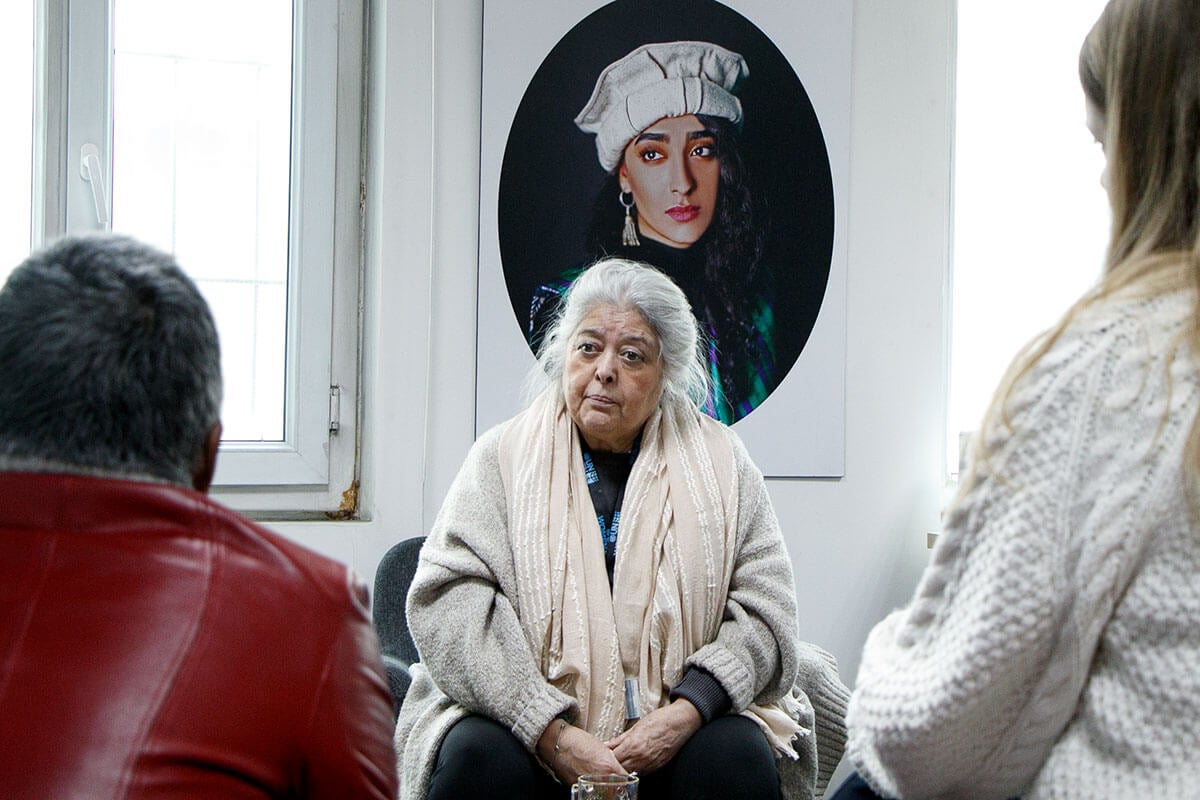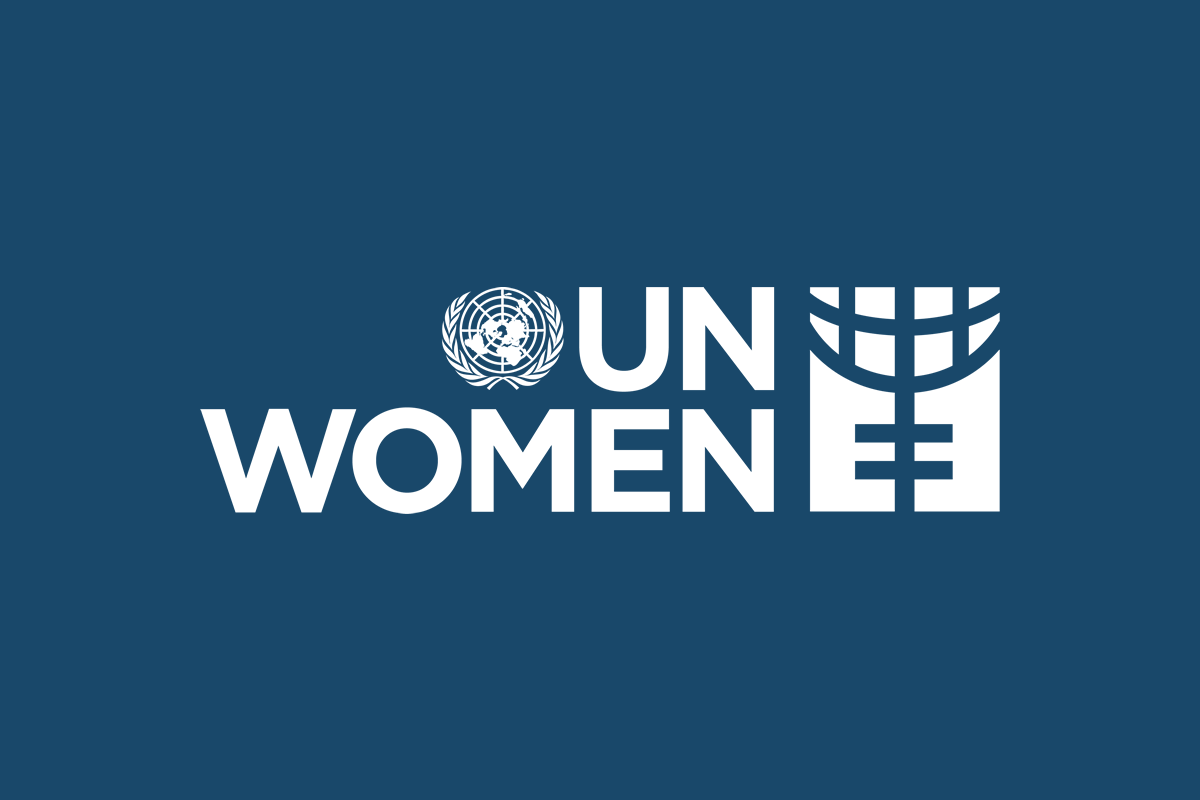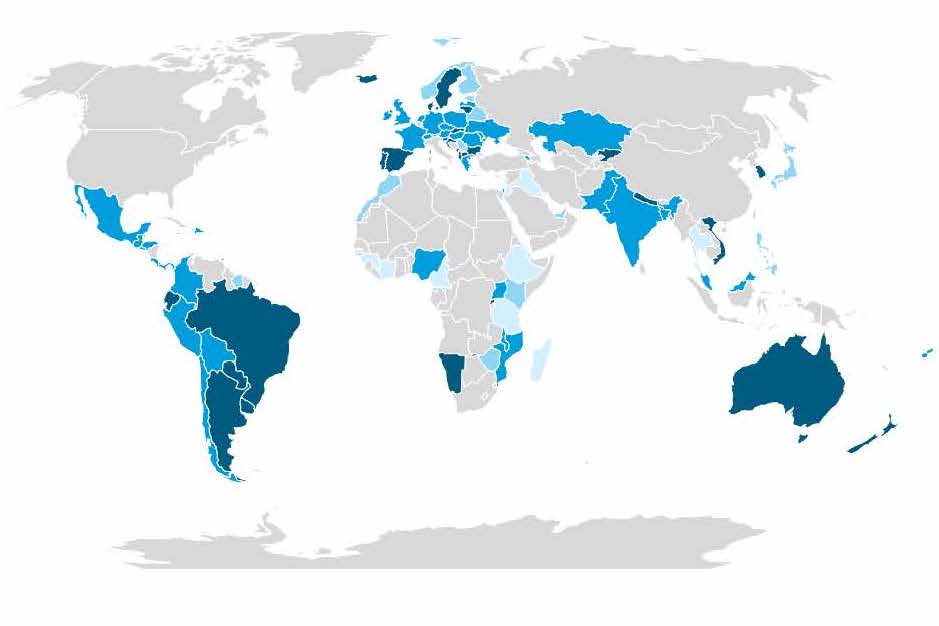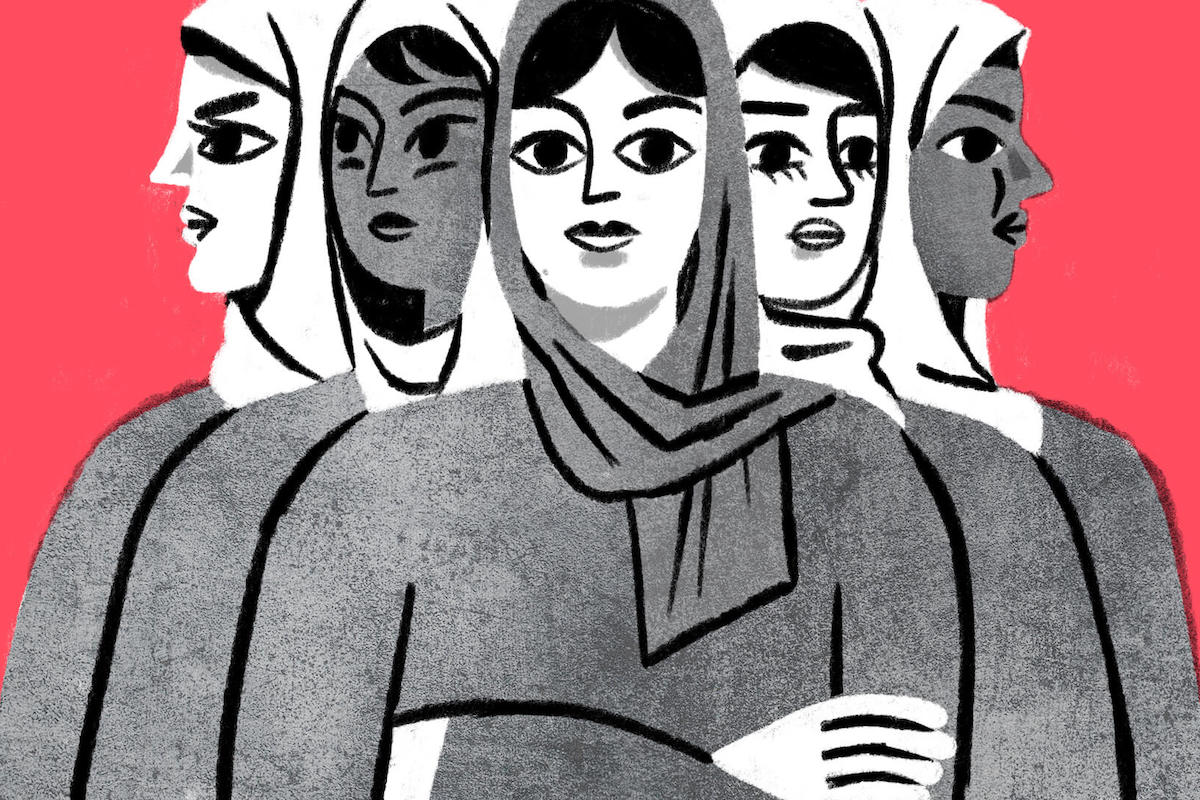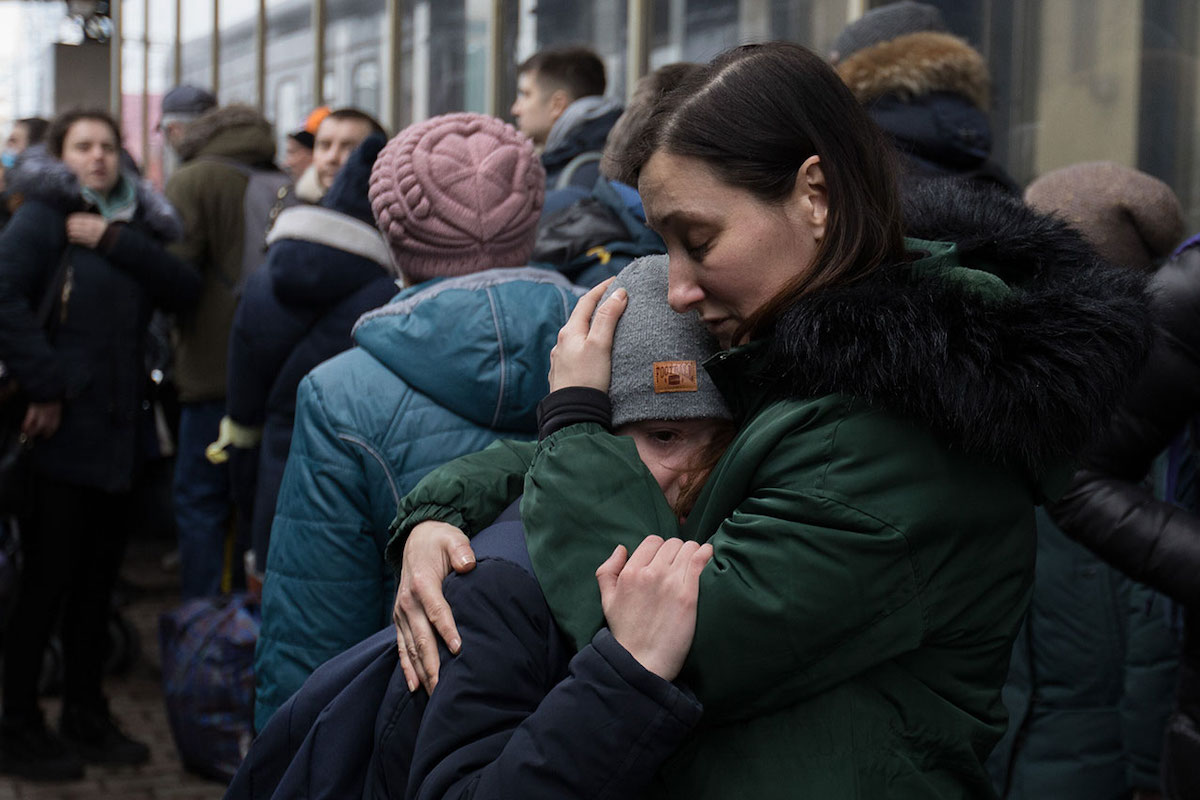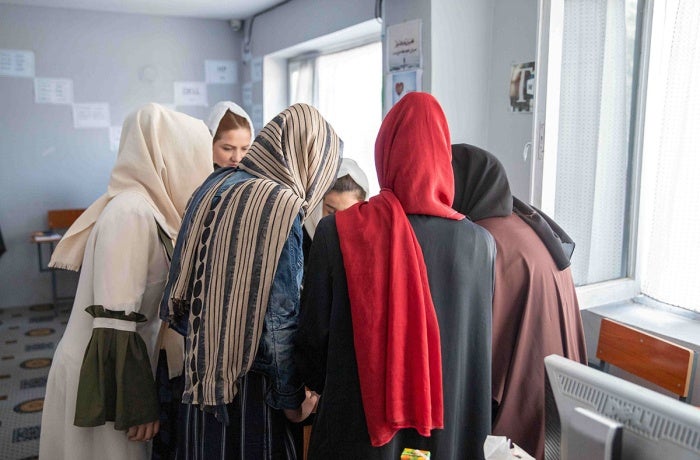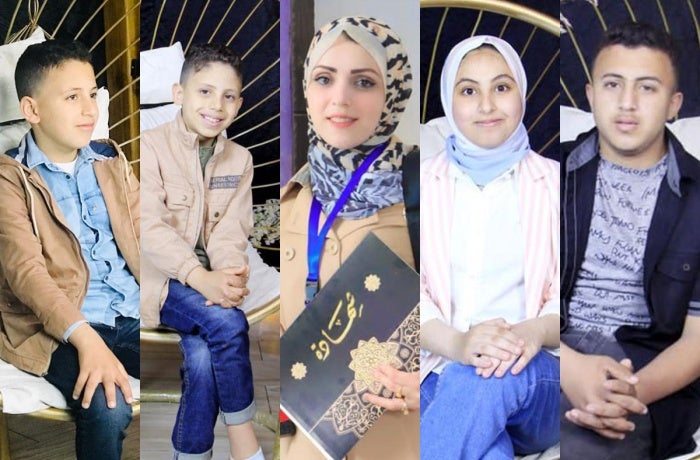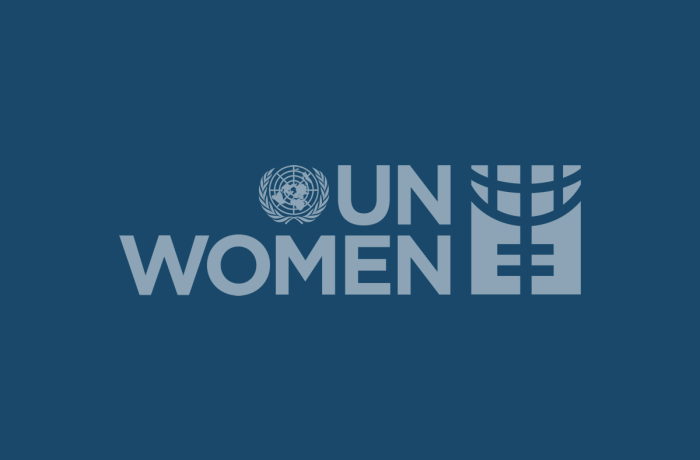In focus: Women, peace and security
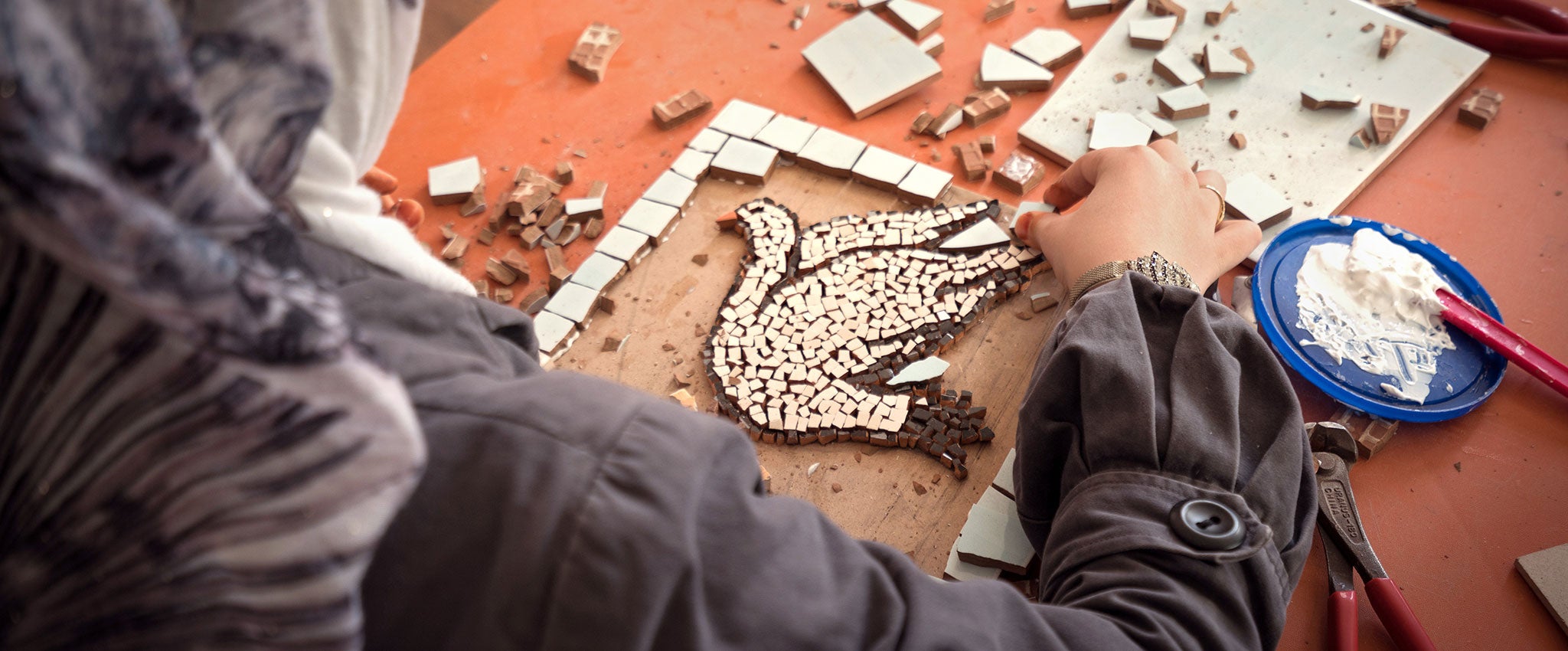
On 20 October, 2022, the UN Security Council will convene for the Open Debate on Women, Peace and Security (watch it live at 10 AM EST). Guided by briefings from the UN Secretary-General, the Executive Director of UN Women and representatives from civil society, this annual event provides a forum for reviewing the women, peace and security agenda—a key part of UN Women’s mandate.
This year’s debate comes at a moment in which global security—and the role played by women in promoting and maintaining it—is deteriorating. Military spending has reached an all-time high of USD 2.1 trillion; at the same time, funding for women’s organizations in conflict-affected countries is shrinking. So is the percentage of women in peace negotiations—now at a measly 19 per cent in UN-led processes.
Indeed, as the intersecting crises of rising conflict, COVID-19 and climate change threaten global well-being, recent progress on gender equality has already been a casualty. This global regression on women’s rights has been coupled with heightened violence against women human rights defenders—including those involved in UN peace and security processes: since 2018, more than a third of briefers at the Security Council assisted by the NGO Working Group on Women, Peace and Security have been subjected to reprisals and intimidation.
Global military spending has reached an all-time high of USD 2.1 trillion—while funding for women’s organizations in conflict-affected countries is dropping.
Women represented 19 per cent of delegations in UN-led peace processes—down from 23 per cent in 2020.
Since 2018, more than a third of briefers at the Security Council assisted by the NGO Working Group on Women, Peace and Security have been subjected to reprisals and intimidation.
In his 2022 report on women, peace and security, the Secretary-General positions the unconditional defense of women’s rights and the protection of women human rights defenders as central pillars of the UN’s peace and security work. The theme of this year’s debate, “strengthening women’s resilience and leadership as a path to peace in regions plagued by armed groups”, reflects the urgency of women’s full and equal participation in peace and security processes around the world.
Women’s participation in peace processes is about more than gender equality. It is about revolutionizing peacebuilding: creating solutions that reflect the needs of all people in conflict-affected settings and address the underlying conditions that drive conflict in the first place. It is about dismantling systems that permit and promote violence so that we can move towards a new era of lasting global peace and security.
In conflicted-affected areas around the world, women peacebuilders are already working toward these goals. Often without institutional support and always at great personal risk, they continue to advocate, mediate and negotiate for a better future. Find some of their stories below, and watch this space for news and updates throughout the week.
Follow the Open Debate live on UN Web TV and access our social media package for shareable assets.






